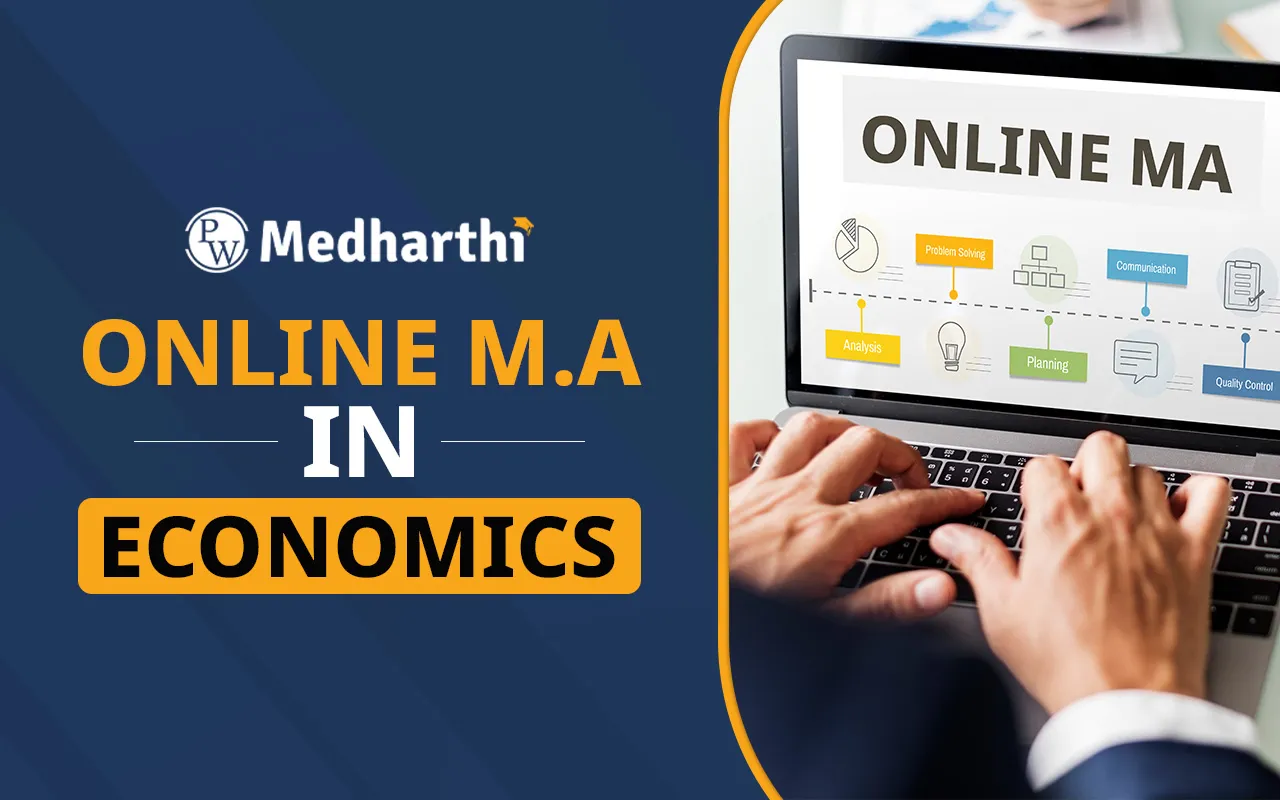
Online MBA Degree Fee Structure: The pursuit of an MBA has always been considered a stepping stone to higher career achievements, especially for individuals seeking leadership positions or greater business acumen. In today’s fast-paced world, an Online MBA offers flexibility for working professionals to upskill without disrupting their careers. One of the key considerations for potential candidates is the fee structure of an online MBA degree. Understanding the cost and the value it brings is critical in making an informed decision. This blog provides a comprehensive insight into the Online MBA fee structures offered by various universities, including some of India’s prominent institutions.
Factors Influencing Online MBA Fee Structure
The fee structure of an Online MBA program is influenced by several factors:
-
University Reputation: Universities with a global or national reputation generally charge higher fees.
-
Program Duration: Shorter duration programs may have slightly lower fees, though this can vary based on university policies.
-
Specialization: Some specializations like MBA in AI, Finance, or Marketing tend to be more expensive due to the demand for expertise in these areas.
-
Location and Infrastructure: Some institutions may charge higher fees due to their campus infrastructure or global partnerships.
-
Eligibility Criteria: The percentage of marks required for admission can also affect the overall fee structure.
Online MBA Fee Structure Across Different Universities
Let’s explore the fee structures of various universities and institutions offering online MBA programs in India. The table below summarizes the information for a selection of popular institutions.
|
University |
Course Name |
Fees (INR) |
Eligibility Criteria |
|
MUJ |
MBA |
175,000 |
50% in Graduation (45% for SC/ST) |
|
SMU |
MBA |
110,000 |
50% in Graduation (45% for SC/ST) |
|
CU |
MBA |
210,668 |
No percentage criteria in Bachelor's (Recognized University) |
|
JAIN |
MBA |
196,000 |
50% in Graduation (45% for SC/ST) |
|
DY Patil |
MBA |
189,400 |
50% in Graduation (45% for SC/ST) |
|
AMRITA |
MBA (Marketing, Finance) |
220,000 |
50% in Graduation (No reserved category quota) |
|
VGU |
MBA |
130,000 |
No percentage criteria (Pass Graduation) |
|
SHOOLINI |
MBA |
118,000 |
50% in Graduation (45% for SC/ST/OBC/EWS) |
|
SHOBIT |
MBA |
112,600 |
50% in Graduation (45% for SC/ST) |
Fee Breakdown and Specializations
The cost of an Online MBA program can vary depending on several factors. Institutions like CU charge a significantly higher fee (around ₹210,668) compared to others like VGU (₹130,000). This difference in fees is often justified by the global recognition of the institution, advanced learning facilities, and a wider range of specializations offered.
-
For example, AMRITA University charges ₹220,000 for MBA programs with specialized fields like Marketing, Finance, Operations, and AI. This higher fee is an indication of the university’s reputation and the quality of resources it offers, including experienced faculty, industry connections, and cutting-edge technologies.
-
On the other hand, institutions like SMU and DY Patil charge more moderate fees around ₹110,000 and ₹189,400, respectively. These fees are often attractive for students seeking an affordable yet quality education without compromising on the learning experience.
Eligibility and Admission Criteria
The eligibility criteria for an Online MBA vary depending on the institution. Most universities require candidates to have a Bachelor’s Degree (in any field) with a minimum of 50% aggregate marks, though this percentage may be lower for candidates from reserved categories (SC/ST). Some universities, like CU, do not set a percentage-based criterion for admission, making the program accessible to a wider pool of candidates.
For JAIN University, an undergraduate degree with a minimum of 50% marks is required for admission into the MBA program. Similarly, DY Patil University requires a 50% aggregate in graduation, while AMRITA and SHOOLINI also maintain this threshold, though they may have specific course-related requirements (e.g., Mathematics for MBA Finance).
Key Benefits of Online MBA Programs
Online MBA programs have become an increasingly popular choice for professionals looking to enhance their skills and advance their careers while maintaining a flexible schedule. Here are some key benefits of pursuing an Online MBA.
-
Flexibility: One of the primary advantages of online MBA programs is flexibility. Working professionals can continue their education without leaving their jobs, making it an ideal choice for career advancement.
-
Cost-Effective: Compared to traditional MBA programs, Online MBA programs generally have a lower fee structure, especially when considering travel and accommodation costs associated with on-campus education.
-
Wide Range of Specializations: Institutions often provide a variety of specializations in emerging fields like AI, Data Science, Digital Marketing, etc., catering to the demands of modern industries.
Enroll now in the PW Online MBA Degree for Everyone course.
| Online Degree Important Links | |
| Online MCA Programs in India | Online BCom Course |
| Online MCA Course | Online Degree Programs |
| Regular Degree Vs Distance Degree | BA Online Registration |
FAQs on Online MBA Degree FEE Structure
What is an Online MBA?
What is the eligibility for an Online MBA?
Is an Online MBA recognized by employers?
Can I pursue an Online MBA while working full-time?
How long does it take to complete an Online MBA?










